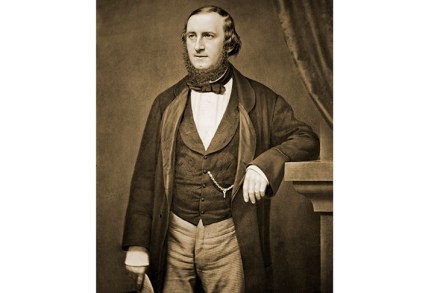Why was this fêted Mexican painter left out of the canon?
Think of a Mexican painting, and chances are you’ll conjure up an image of an eyebrow-knitted Frida Kahlo, or a riot of exotic figures by her husband Diego Rivera, or a brightly coloured guitarist by Rufino Tamayo. What you’re unlikely to have in mind is an earthy landscape with a dusty road leading to a nascent city, dotted with hyper-real plant life, and an eagle soaring under a vast, cloudy sky. This is ‘The Valley of Mexico from the Hill of Santa Isabel’ (1877), the finest work by a painter who was a household name in Mexico long before Kahlo, Rivera or Tamayo. And from next week, it and many




